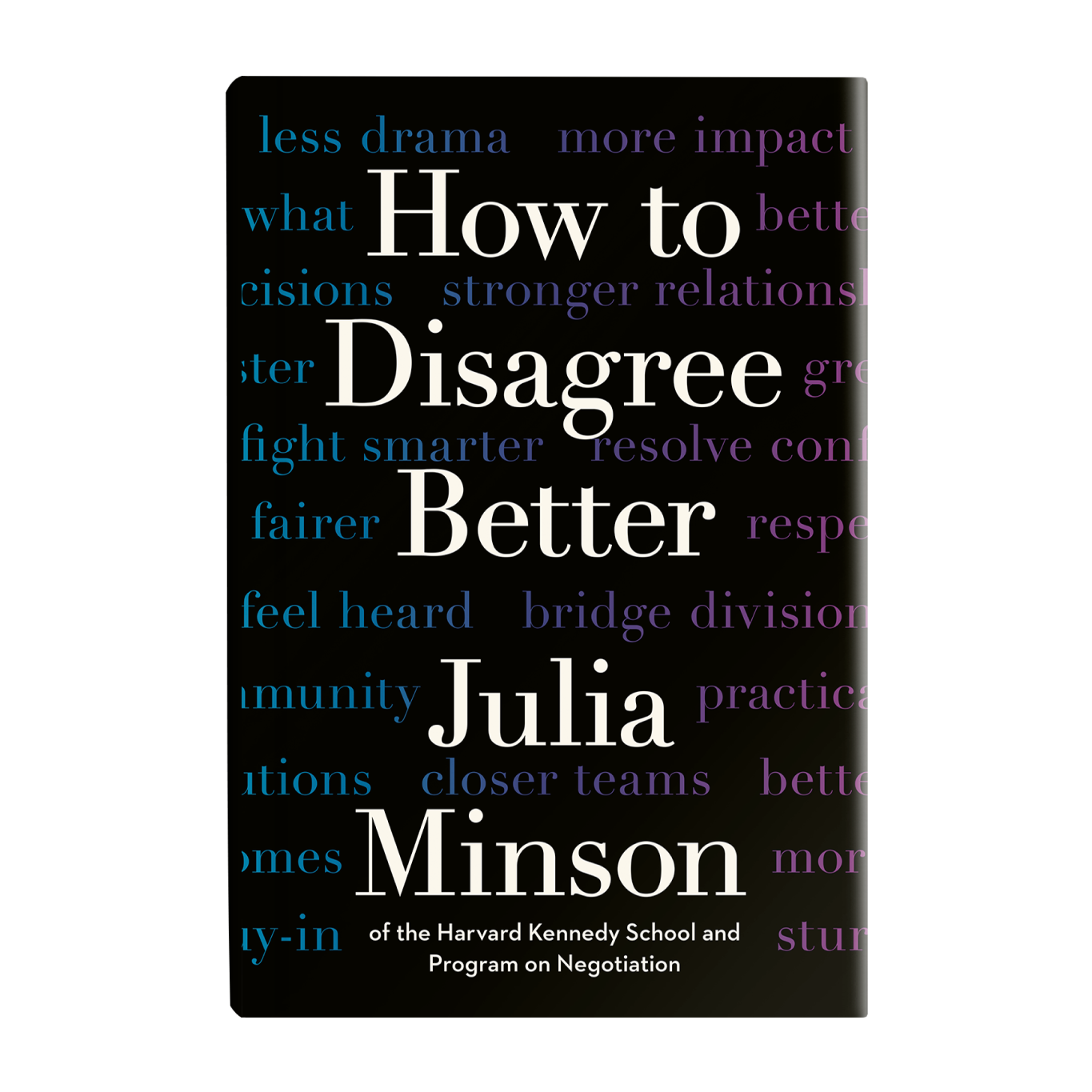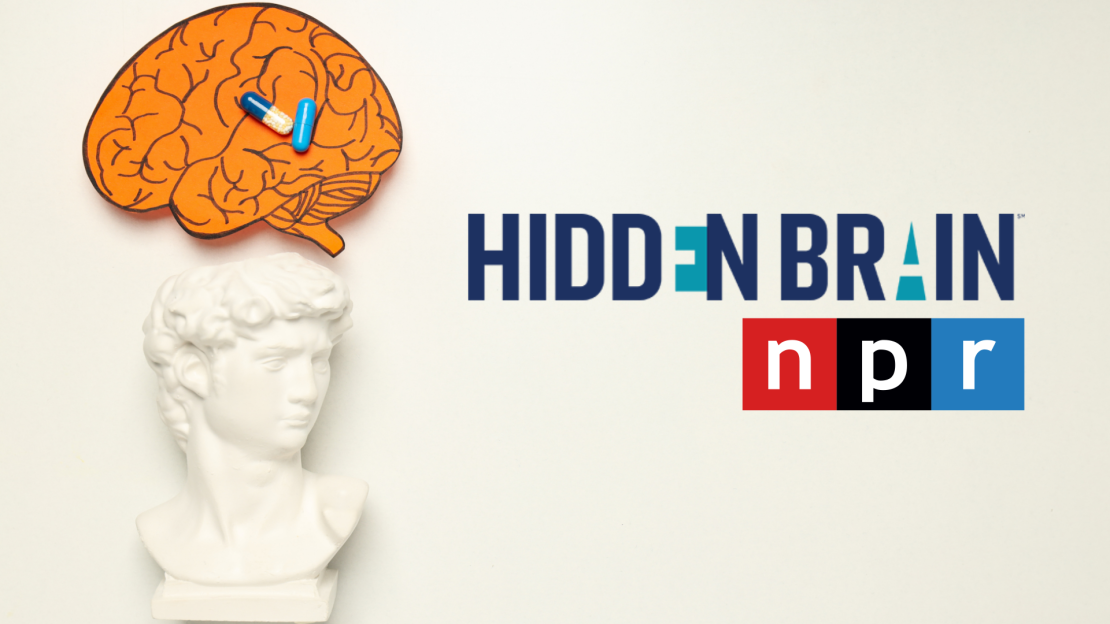Torn between arguing or staying silent? Consider a different path that gets results.
Harvard behavioral scientist Julia Minson reveals why persuasion backfires, and the counterintuitive approach that actually gets you what you want while improving your decisions and strengthening your relationships.
As featured in






You're fighting harder but getting nowhere
You present your case with bulletproof logic. You share compelling data. You explain exactly why you're right. And somehow, the other person digs in even deeper.
The exhausting cycle:
- Family dinners turn into heated debates
- Work meetings become power struggles
- Simple discussions with your partner spiral into fights
- You walk away frustrated, thinking "Why don't they just listen?"
Here's the truth: People stick to their views not because they're stubborn or insecure, but because they think they are right! Assuming that a well-crafted argument will overcome a lifetime of conviction is both naive and counterproductive.
What happens when you stop fighting and start engaging
People who know how to show receptiveness to opposing views don't just have better relationships... they get better results.
At home, at work, and in our communities those who know how to engage with contradictory perspectives without going into argument mode negotiate better deals, cause less drama, and wield greater influence.
Learn to lead a life of more influence and less conflict by practicing evidence-based strategies for disagreeing more constructively. Your family and colleagues will thank you!


Relationships 2.0: How to keep conflict from spiraling
When it comes to conflict, most of us just want to shut it down. But researchers are increasingly finding there’s a better way to handle disputes. This week, we kick off our new Relationships 2.0 series by asking: what if we stop trying to eliminate conflict and instead ask how can we do conflict better?
Receptive individuals are rated as more trustworthy, more objective, and more likeable
Download the first chapter
Unlock the secrets to transforming every disagreement into an opportunity for growth. Download the first chapter now and discover how to build trust and enhance your communication skills.

Julia Minson, Ph.D.
Julia Minson is a professor at the Harvard Kennedy School, specializing in decision science. Her extensive research focuses on conflict, communication, negotiations, and decision-making.
Julia's studies illuminate the "psychology of disagreement," examining how individuals interact with opinions, values, and decisions radically different from their own.
Our proven methodology for transforming opposing views into productive conversations
At Disagreeing Better, we employ decades of behavioral science to train you to navigate disagreement with honesty and grace. This approach not only enhances specific conversations but fosters a culture where collaboration and influence thrive.

Buy the book — How to Disagree Better
Unlock the secrets to transforming every disagreement into an opportunity.


